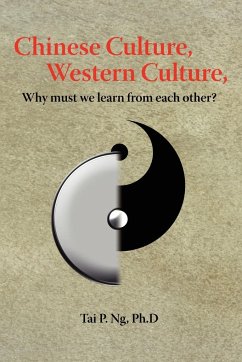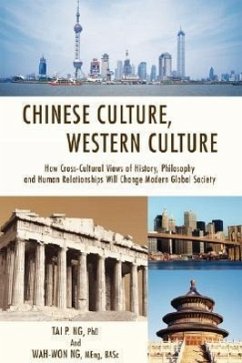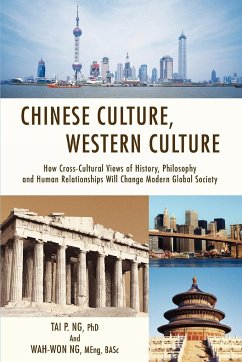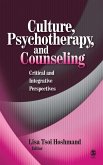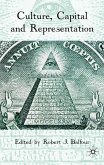This book explores how complementary Chinese and Western cultures are, how they should learn from each other to establish a dynamic balance, and how institutions need constant redefinition and renewal in order to prosper. By studying the history and development of thought and philosophy in these cultures, it suggests lessons from our past that may shed light on current events and help us in handling future challenges. The book presents answers to the following important questions: Do Chinese people think differently from Westerners, and if so, how and why? What are the key differences between Chinese and Western culture and why? How did China become the most technologically advanced and sociologically sophisticated nation in the world until the seventeenth century, and why did it ultimately decline? What are the key characteristics of political institutions in historical China and Europe, and how were they significant? In this postmodern time and era of globalization, what can we learn from Chinese culture and experiences? As China rapidly industrializes, what can it learn from the West without repeating some of the mistakes that Europeans and North Americans made in their periods of industrialization?

